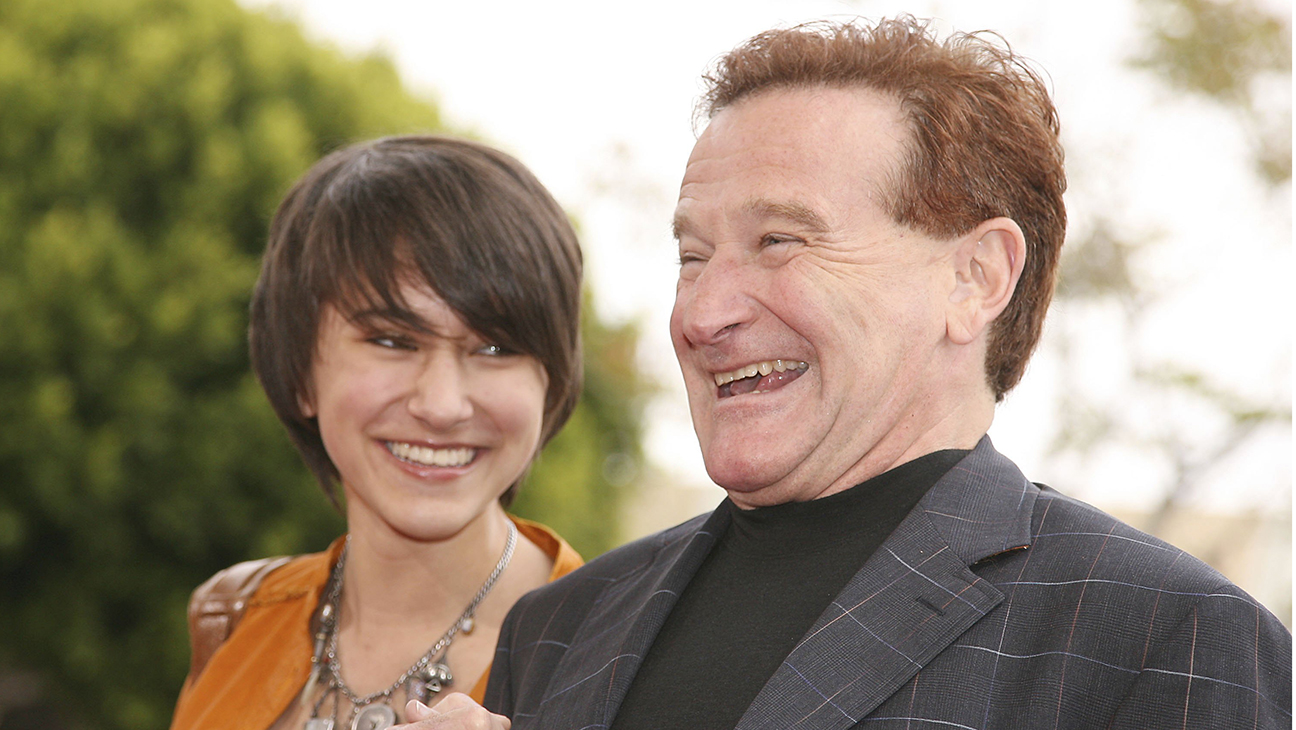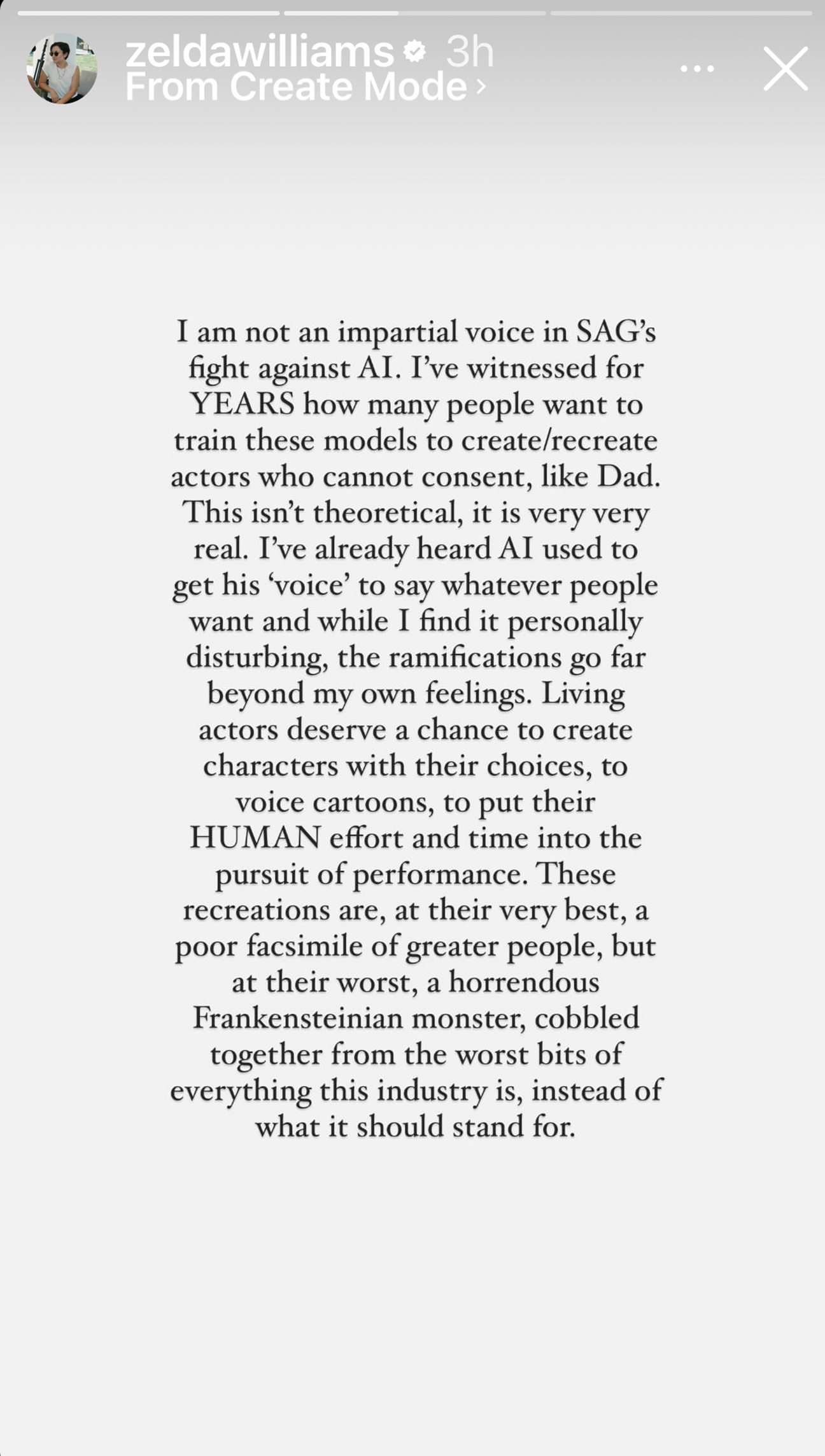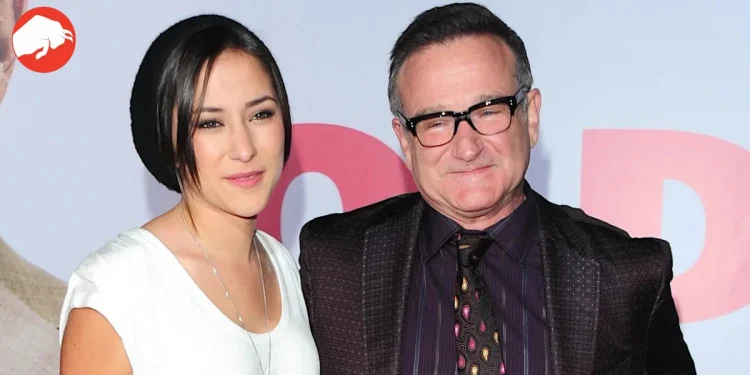A Voice from the Past: The Controversy Surrounding AI and Robin Williams
The entertainment industry is buzzing with debates and discussions as Zelda Williams, the daughter of the late and great Robin Williams, raises her voice against the utilization of artificial intelligence to mimic her father’s distinctive sound. This controversy has sparked a myriad of conversations about ethics, consent, and the implications of using technology to resurrect the voices of those who are no longer with us.
Zelda Williams: A Strong Advocate Against AI Voice Recreation
Zelda Williams has openly expressed her disapproval and concern over the use of AI to recreate her father’s voice, stating, “I am not an impartial voice in SAG’s fight against AI. I’ve witnessed for YEARS how many people want to train these models to create/re-create actors who cannot consent, like Dad.” Her remarks reveal a deep-rooted issue in the entertainment industry, where the pursuit of innovation may be overshadowing the importance of ethical considerations and the respect for individual consent.

The Ongoing Battle: SAG-AFTRA vs. AI
Zelda’s comments are particularly poignant in light of the ongoing strike by SAG-AFTRA against studios, primarily due to disagreements over the use of AI, among other concerns. The Writer Guild of America has also been in the fray, having had its share of disputes with the studios over similar issues, although a tentative deal has been reached. The battle lines are drawn, and the industry is in a state of unrest, with the use of AI being a significant bone of contention.
The Impact on Living Actors
Zelda emphasizes the importance of allowing living actors the opportunity to breathe life into characters with their unique interpretations and human efforts. She believes that AI recreations are, at best, inadequate imitations and, at worst, monstrous amalgamations representing the darker aspects of the industry. “These re-creations are, at their very best, a poor facsimile of greater people, but at their worst, a horrendous Frankensteinian monster,” she stated, highlighting the potential harm and degradation these recreations can bring to the art of performance.

Robin Williams: A Legacy Remembered
Robin Williams, a legend who brought laughter and joy to millions, tragically passed away in 2014. He had been battling severe depression, anxiety, and Parkinson’s disease, and a post-mortem examination revealed the presence of Lewy body dementia. His untimely death has left a void in the entertainment world, making the ethical implications of using his voice posthumously even more significant.
Once Upon a Studio: A Celebration Amidst Controversy
Despite the ongoing debates, Robin’s voice is slated to feature in a new Disney short titled “Once Upon a Studio,” reprising his iconic role as Genie from Aladdin. Josh Gad, known for voicing Olaf in Disney’s Frozen, confirmed that the short incorporates “previously unheard dialogue” recorded by Williams, used with the consent of his estate. This short, premiered at the Annecy International Animated Film Festival in June and set for a later release this month, is a part of the celebration of Disney’s 100th anniversary, bringing together a plethora of Disney characters.
View this post on Instagram
A Dialogue on Ethics and Innovation
Zelda Williams’ stance against the use of AI to recreate her father’s voice has opened up crucial dialogues about the ethical boundaries of technology within the entertainment industry. It raises questions about consent, the rights of actors, and the moral implications of using the voices of the deceased. The industry, while embracing innovation, must also tread carefully, ensuring respect and dignity for the artists and their legacies. The ongoing debates and strikes are a testament to the need for a balanced approach, where technology and ethics coexist harmoniously, preserving the sanctity of artistic expression.









